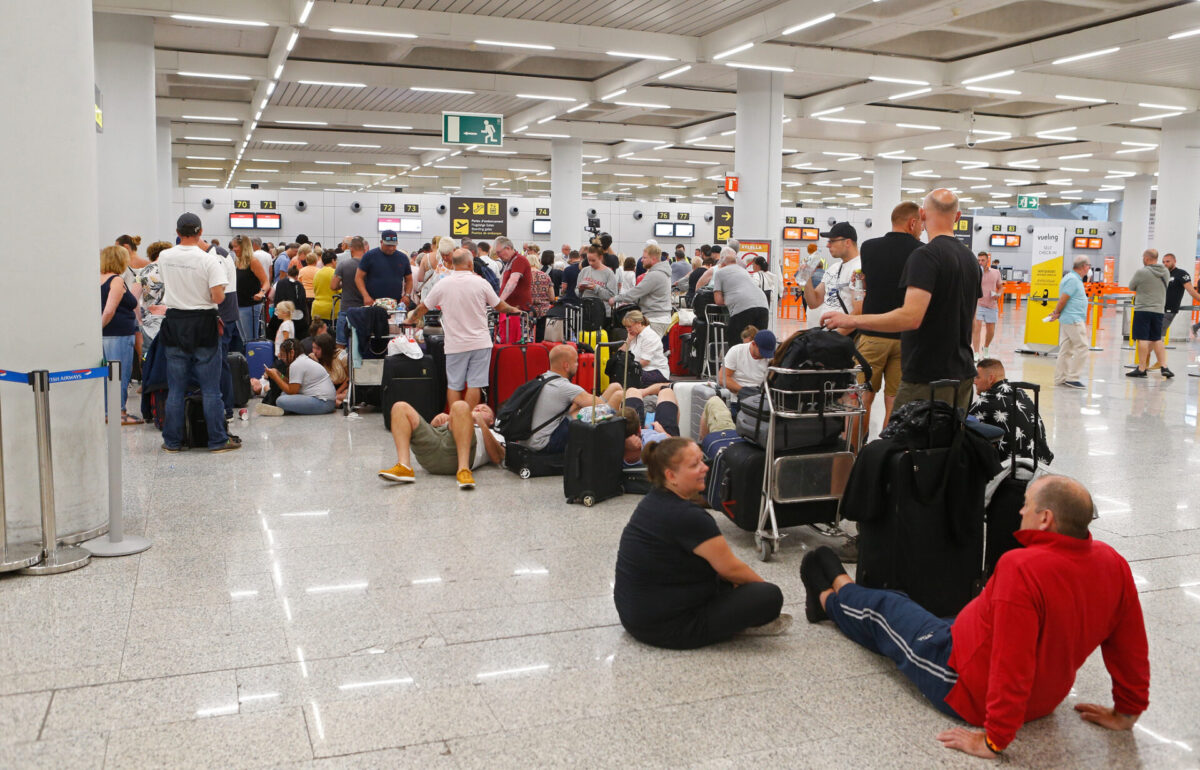The US Department of Transportation (DOT) has launched new rulemaking to protect passengers who are left stranded due to airlines canceling or significantly changing their flights.
The Advance Notice of Proposed Rulemaking (ANPRM), released on December 5, 2024, would require airlines to pay passengers cash compensation, rebook them for free on the next available flight, and cover meals, overnight lodging, and related transportation expenses in cases when disruptions are caused by the airline, such as mechanical problems or IT system failures.
However, these regulations are still being proposed and have not yet been finalized or implemented.
“Now that we are on the other side of the pandemic and air travel is breaking records, we must continue to advance passenger protections,” said Pete Buttigieg, the US Transportation Secretary. “This action we’re announcing is another step forward into a better era for commercial air travel – where the flying public is better protected, and passengers aren’t expected to bear the cost of disruptions caused by airlines.”
The DOT is considering whether or not it should require airlines to automatically pay cash compensation to passengers when their flights have been disrupted by the airline. The compensation could range from $200-$300 for domestic delays of three to six hours, $375-$525 for delays of six to nine hours, and $750-$775 for delays of nine hours or more.
The Department is also considering requiring airlines to offer free rebooking when the passenger’s flight is cancelled, a delay results in a missed connection flight, or their departure is delayed by three hours or more (for domestic flights) or six hours or more (international flights).
Lastly, DOT may require airlines to provide meals, overnight lodging, and transportation to and from lodging for stranded passengers. The department is also considering the idea of airlines automatically giving a minimum payment for each of these services if the airlines do not provide them immediately.
How it works now
Currently US airlines can change course with their customer service commitments “at their discretion”, and it is often up to the airlines to determine when they are responsible for a flight delay or cancellation, according to the ruling. Additionally, airlines generally do not clearly disclose when, what, and how much they will reimburse passengers.
Passengers usually need to ask for these services at the airport in person. However, the staff may not be aware if a flight issue is caused by the airline or may not have enough vouchers to provide immediate help.
Cancellations and flight delays “can pose significant hardship, stress, and financial cost to travelers”, the rulemaking argues. According to data from US airlines submitted to DOT, over 60% of three-hour or longer domestic flight delays were due to the airlines in both 2022 and 2023.

